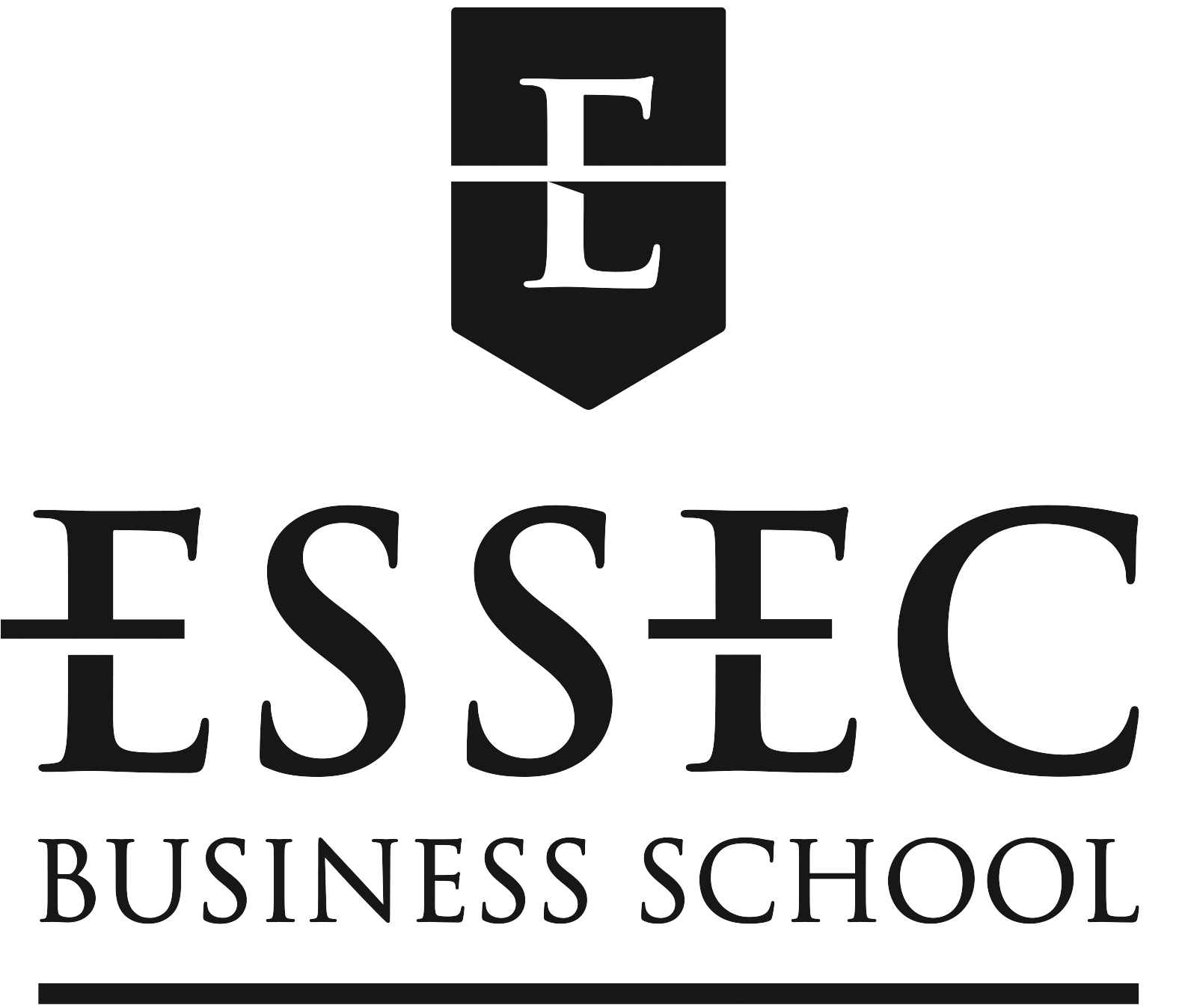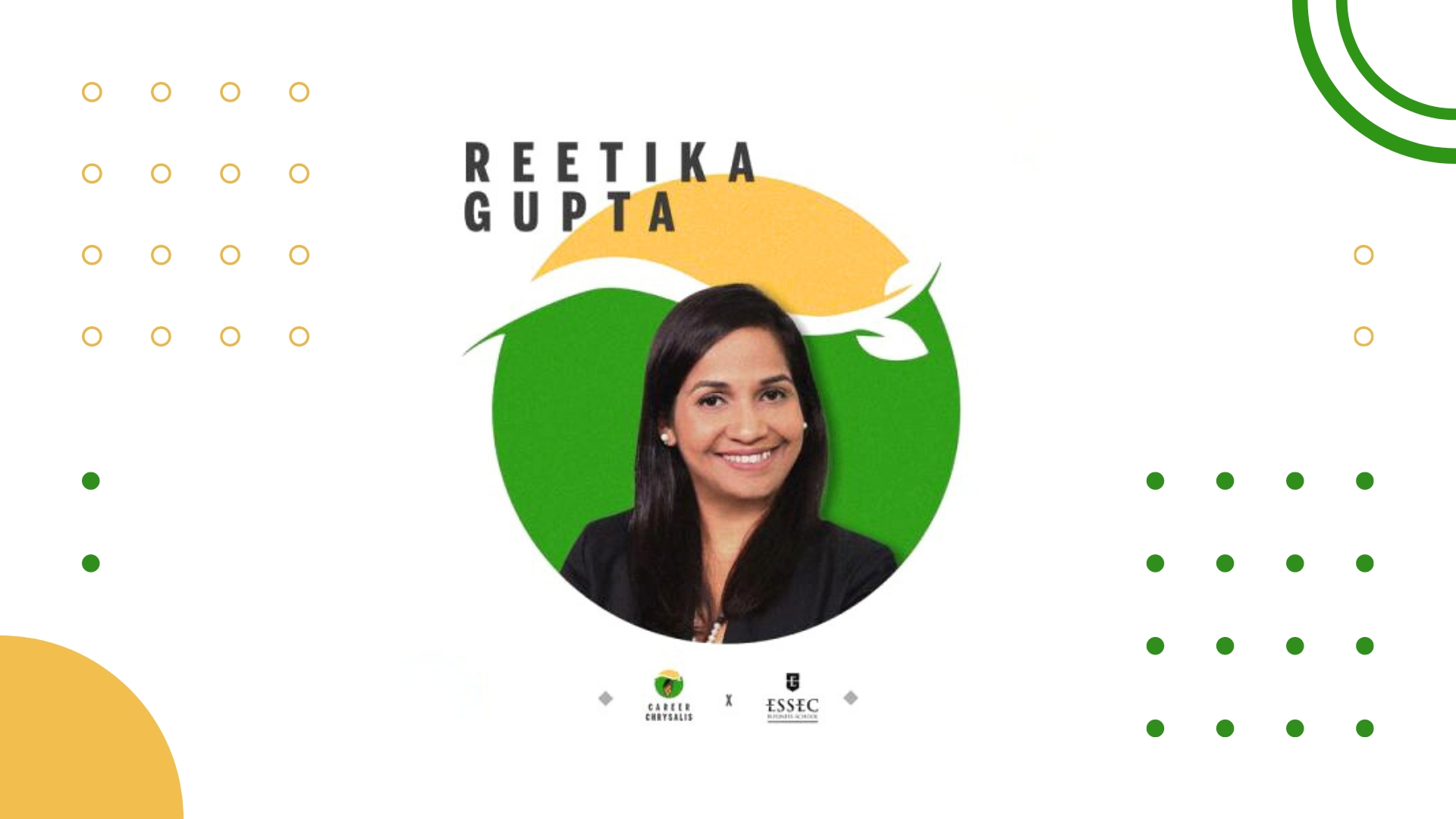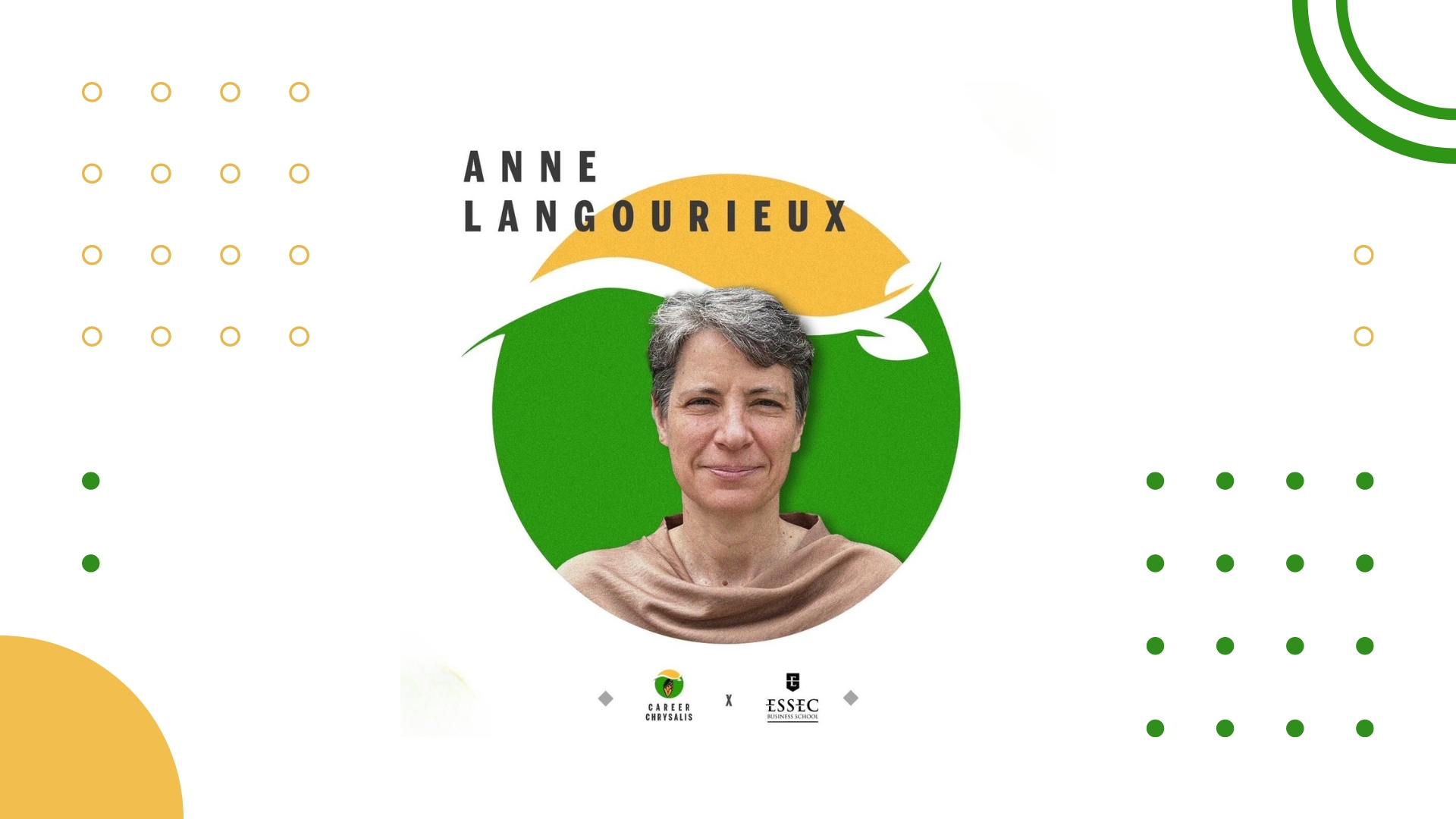Fresh out of high school and with little work experience, students often have two big questions. The first, “How do I make myself employable?” and the second, “What if I don’t know what I want to work as?”
These sentiments are perfectly normal, 20-year-old Chen Siyi shares. The third-year Global Bachelor of Business Administration (GBBA) student, currently on her third internship and counting, believes this is the benefit of internships: it gives students the time to explore when there is little to lose.
Finding a Good Company Fit
What is more important is to understand the job scope, Siyi says. She looks at the skills employers require and considers if she can fulfill their needs. She also asks herself if the potential role will teach her anything new.
For example: “If I’ve done a marketing internship before, I might look at the tasks for the new one. If the job scope overlaps, then to learn more, I might find another one with a different scope.”
She also recommends being open to smaller companies. In her start-up experience, the limited resources will allow interns to take ownership and experience working in different departments.
20-year-old Alexandre Loo, a French national in Singapore, shares a similar experience. Working at a boutique consulting firm gave him plenty of hands-on experience in reading contracts and conducting negotiations with clients.
Having interned in more prominent companies, the main difference is that in small ones, “You have more responsibilities. It’s a whole new learning experience, and you’ll also be able to do work that is quite important for them.”
Take the Initiative to Learn
That said, ESSEC students stand out at companies because of their initiative and determination, as Siyi did by embracing on-the-job learning and owning the work given to her.
When she began interning at the IT department of BOSCH Singapore, she had to get herself up to speed by reading up on meeting minutes and looking through all the documents she had access to as a form of “self-study.”
She believes taking ownership means discovering the “why” behind each task. No matter what task is given, she says, “Ask yourself why they want you to do that and how they are going to use this information,” this will help you see the overall picture and contribute the most.
Don’t Rush the Process
As for how to become more employable, one of Alexandre’s key factors lies in building a solid LinkedIn profile. He recommends that a strong profile attract recruiters, so take the time and effort to do it properly.
Likewise, efforts are needed on the networking front, fourth-year Indian student Simran Hathiramani adds. With six internships, she attests that maintaining these relationships shows initiative and that you’re not just “job-hungry.” Her effort led to a company remembering her and approaching her once a vacancy freed up.
Ultimately, the 21-year-old recommends “keeping an open mind.” After all, three years ago, when she left Kolkata, India, to come to ESSEC, she had no idea she would be pursuing a career in the finance sector. Today, her certainty is owed to the time she took to explore diverse roles and industries, which gave her a solid basis for comparison.
As Siyi says: “Just go for it; you have nothing to lose but everything to gain.”
RELATED POSTS
Career Transitions S3E7: Refresh Your Perspective to Accelerate Your Transition
Listen to the final episode of Career Transitions podcast in collaboration with ESSEC Asia-Pacific featuring hosts Vanessa Iloste and Vanessa Teo.
Career Transitions S3E6: Lifelong Learning and Career Strategies with Professor Reetika Gupta
Listen to the sixth episode of Career Transitions podcast in collaboration with ESSEC Asia-Pacific featuring Deputy Dean Reetika Gupta and hosted by…
MMD Study Trip in Hong Kong: Career Insights Abound at Global Business Hub
During the annual study trip, MSc in Marketing Management and Digital students from the class of 2024 gained valuable insights about different…
MiF Study Trip in Hong Kong: From Dynamic Markets to Global Sustainability
Master in Finance students from ESSEC explored Hong Kong's financial landscape, engaging with top institutions and industry leaders, gaining crucial…
Career Transitions S3E5: From Corporate Leadership to Sustainability with Anne Langourieux
Listen to the fifth episode of Career Transitions podcast in collaboration with ESSEC Asia-Pacific featuring alumnus Anne Langourieux and hosted by…
Career Transitions S3E4: Building Strong Connections with Agathe Colom
Listen to the fourth episode of Career Transitions podcast in collaboration with ESSEC Asia-Pacific featuring alumnus Agathe Colom and hosted by HR…







